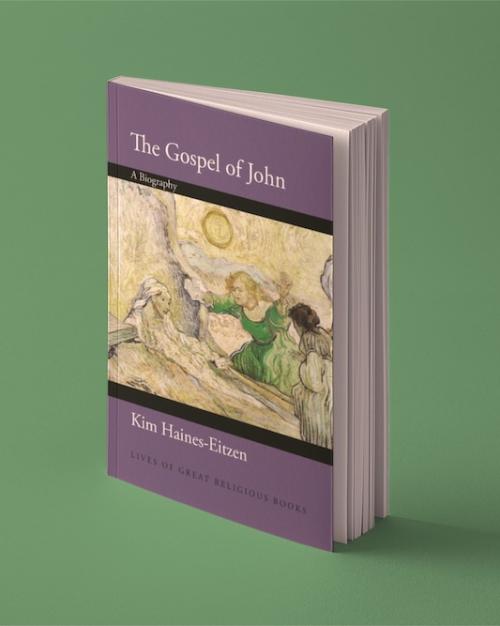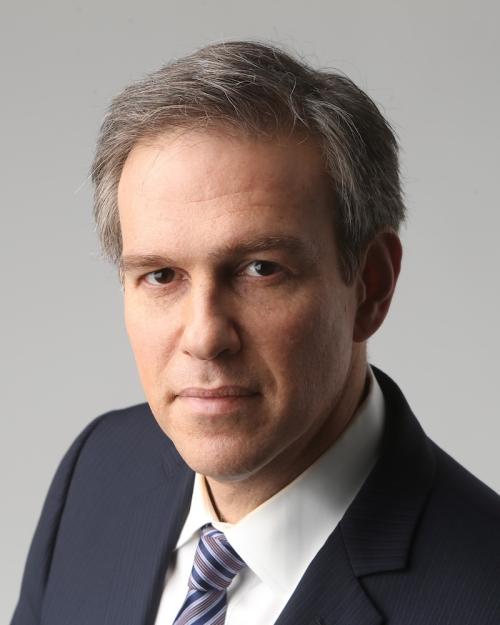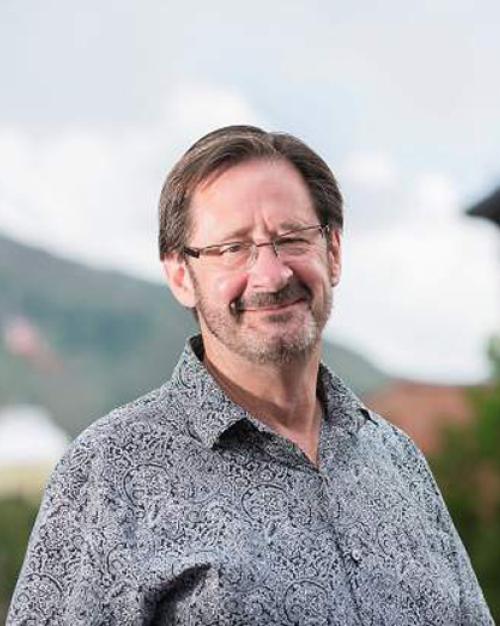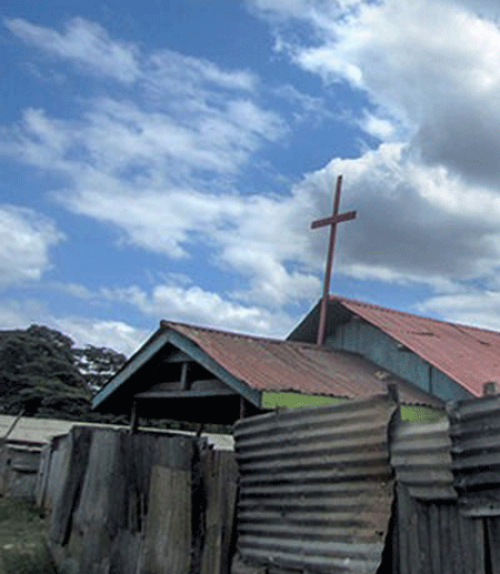A new book and a new Cornell leader recently found a welcoming community in Lusaka, Zambia.
Rachel Beatty Riedl, director of the Mario Einaudi Center for International Studies and the John S. Knight Professor of International Studies in the College of Arts and Sciences, launched her new book, “From Pews to Politics: Religious Sermons and Political Participation in Africa,” Dec. 11 at the University of Zambia. The event featured a review talk, Q&A, and book signing.
Riedl is in Zambia this winter conducting research on how migration between rural and urban communities shapes political participation. She said her new project reflects some of the Einaudi Center’s key research themes, including migrations and global challenges to democracy.
In sub-Saharan Africa, religious expression is ubiquitous in the public sphere – as Riedl discovered during her first visit to Zambia in 2006, while conducting dissertation research on political parties and democracy.
“I noticed religion in every domain of politics,” she said, “from streams of worshipers spilling out of a church after service, to prominent politicians emerging from a background as televangelists, to church organizations providing public services and weighing in on constitutional reforms.”
Her observations inspired “From Pews to Politics,” co-authored with Gwyneth McClendon of New York University. With research in Zambia, Uganda and Kenya, the book explores how religious ideas and messages influence political behavior. By shaping believers’ understanding of human agency and how change happens, the reach of religious teachings goes well beyond a particular vote or party position, Riedl and McClendon find.
Six Cornellians – all part of the Institute for African Development’s active network of alumni in Africa – turned out to celebrate Riedl’s visit. After a lively political debate over dinner, Riedl was struck by the pipeline that brought the people around the table to Ithaca.
“I asked each of them how they learned about Cornell and decided to apply,” Riedl said, “and they all pointed at each other.”
Muna Ndulo, IAD director and the William Nelson Cromwell Professor of International and Comparative Law, said Cornell has a rich resource in past IAD fellows who are now working in government, universities and research institutes in Africa. “These Cornellians,” he said, “have remained engaged with Cornell.”
Tinenenji Banda, LLM ’07, J.S.D. ’14, and Sangwani Ng’ambi, LLM ’08, were among the earliest IAD fellows in the group. “Now they’re teaching law at the University of Zambia,” she said, “where they inspire future students to follow the same path.”
These and other IAD alumni and friends have made the University of Zambia – as well as Southern African Institute for Policy and Research, co-sponsor of the book launch – frequent partners in the region for Cornell.
As a result of the dinnertime conversation, Riedl may have found new collaborators. She plans to invite future Cornell interns and one of IAD’s most recent alumni, Fulbrighter Tony Zhou ’19, to participate in the multidisciplinary research project, working with faculty based at the University of Zambia and at the Southern Africa Institute for Policy and Research.
“We envision engaging student interns and research assistants from both institutions to conduct site exploration, interviews and focus group discussions, encouraging them add their own research questions to the survey,” she said. “This is a wonderful example of how our partnerships provide a reservoir of opportunities for Cornell’s students and alumni.”
This story also appeared in the Cornell Chronicle.




